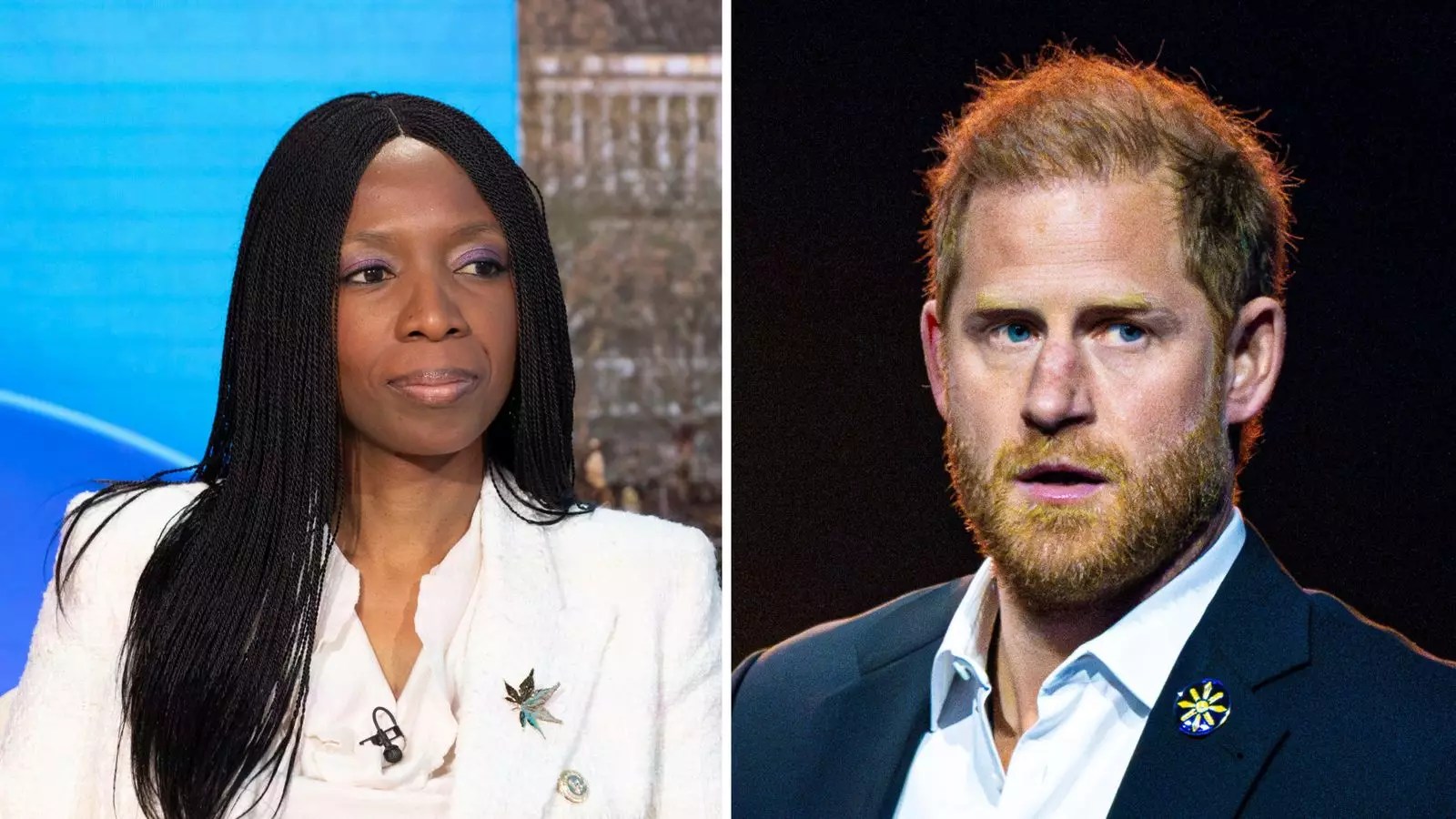The recent upheaval surrounding Sentebale unveiled more than just a disagreement over charity operations; it laid bare the vulnerabilities of institutional authority when coupled with personal ego. At the heart of this conflict lies a fundamental question: when leaders prioritize their public image and personal grievances over the mission they serve, the damage is irreversible. In an era where social media magnifies every nuance, the sides involved seemed far more interested in scoring points than solving underlying issues. This spectacle, although fraught with missteps, signals a deeper malaise within leadership—one rooted in the fragile need for validation and control, often at the expense of true purpose.
The Illusion of Victory in Public Disgrace
The Charity Commission’s intervention was painted as a decisive moment, a momentary attempt at calming the chaos. Yet, the aftermath reveals that no true victory was achieved. Both sides—Prince Harry and Ms. Chandauka—appear as wounded combatants rather than protagonists of resolution. The regulator’s verdict, meant to restore order, seems instead to have deepened the wounds, as each side claims partial victories and continues to air grievances publicly. This ongoing confrontation underscores how the true battleground was never about governance or accountability but about ego preservation. The so-called ‘clearing’ of Harry on allegations of racism is a temporary salve—it does little to mend the shattered trust or heal the deeper issues of transparency and leadership crisis.
Public Battles, Private Losses
Beyond the headlines and social media posts, what is truly at stake is the future of Sentebale — a beacon of hope for vulnerable youth in Lesotho. The charity’s foundational mission was rooted in altruism, driven by the personal loss and compassion of its founders. Yet now, it risks becoming a pawn in the ongoing political and personal struggles of its leaders. The intensifying debate around the “damage” inflicted by media campaigns and internal power struggles reveals a dangerous tendency for institutions to prioritize internal vendettas over their core purpose. As the spotlight remains fixated on the personal stakes of Harry and Chandauka, the children whom the charity seeks to serve stand quietly in the background, waiting for stability and genuine leadership.
The Cost of Egotism in the Realm of Social Good
No matter how justified or unjustified these disputes may seem from the sidelines, they highlight a broader flaw: the intersection of moral authority and personal ego. Prince Harry’s reputation and legacy are clearly intertwined with Sentebale’s reputation. When passions run high, and vulnerability is exploited for strategic advantage, charitable work becomes collateral damage. His supporters’ claims of devastation and betrayal reflect a paternalistic view that personal hurt is paramount—yet this overlooks the importance of humility and the collective effort needed to sustain a social enterprise. Charitable organizations are fragile ecosystems; they succeed only when humility, collaborative spirit, and unwavering focus on needs take precedence over personal power plays.
Reflections on Leadership and Public Trust
In this tangled web of accusations, counter-accusations, and media wars, what we see is not merely a charity’s collapse but a mirror of societal values. The obsession with control, the desire for moral superiority, and the tendency to interpret setbacks as personal failures, rather than systemic issues, threaten the very fabric of social activism. True leadership in such contexts demands a commitment to transparency, humility, and an unwavering focus on the people being served—not the headlines or personal legacies. Ironically, it is precisely this humility that many of these high-profile figures lack, risking the erosion of public trust in charities more broadly.
Each new statement, each public retort, pushes Sentebale further away from the beacon it was meant to be. While the charity continues to strive for stability under the watchful eye of regulators, the scars of this personal war threaten to diminish its impact for generations to come. For those committed to genuine social change, this should serve as a cautionary tale: egotism and image-consciousness are the enemies of progress, and the true power lies in humility and unwavering dedication to a cause beyond oneself.

